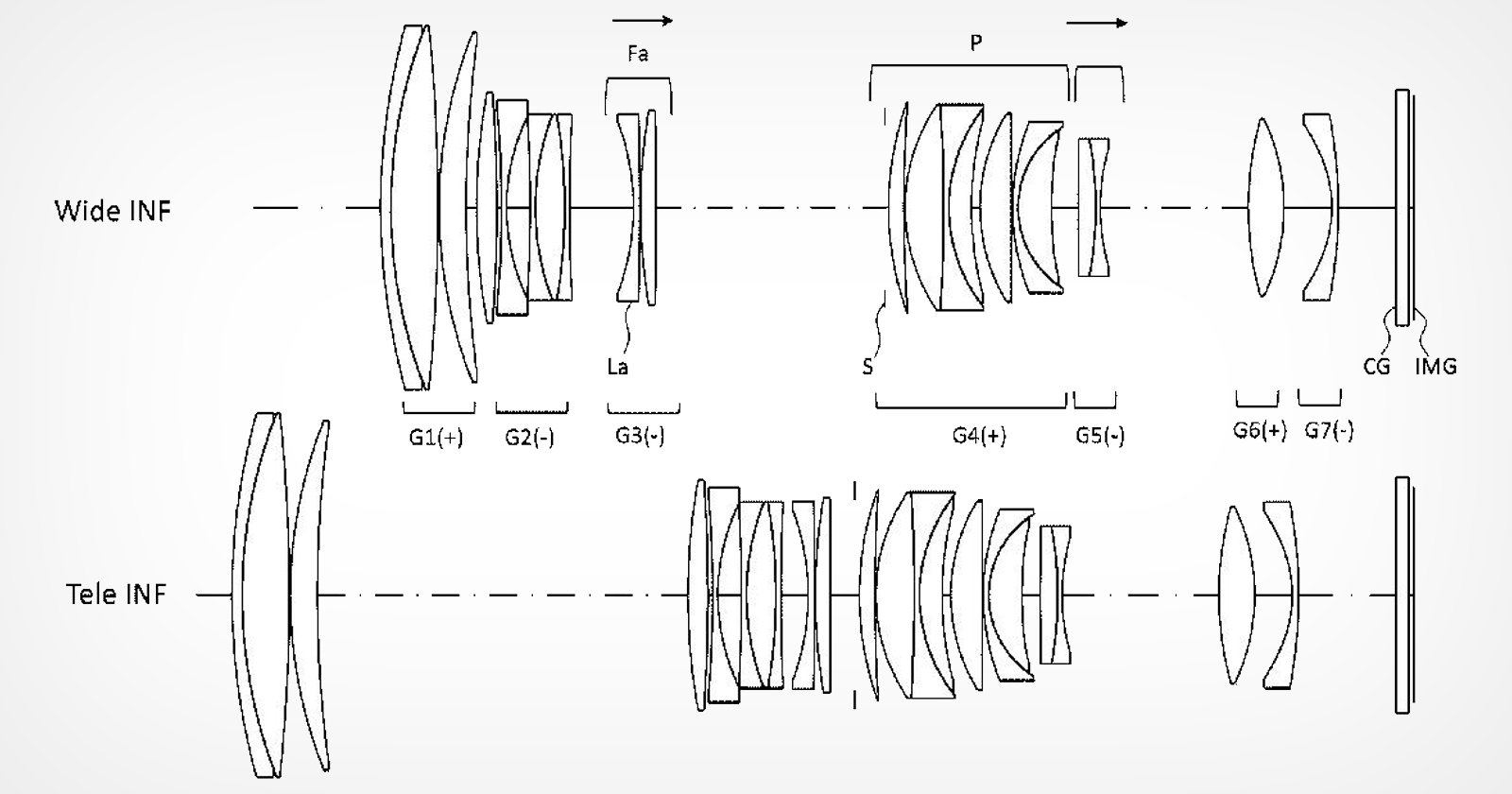
The Nikon D1 was the first DSLR developed in-house by a camera maker and the first to generate JPEGs internally.
Photo: Phil Askey
In 1999, you could already buy an F-mount DSLR: Kodak had been selling modified Nikon SLRs since the DCS100 in 1991. But at the turn of the century, its prime offering was still a rather inelegant combination of a Nikon F5 film camera and a bolted-on digital imaging unit called the Kodak Professional DCS-620.
The camera Nikon revealed on June 15th 1999 was arguably the first ground, up digital SLR: still borrowing heavily from the F5 and F100 film models, but clearly designed as a coherent whole. Everything was crammed into a conventional two-grip professional body of the kind that’s still made today.
The D1 had a recommended retail price of $5,500, body only, meaning it cost around half as much as the DCS-620. And its APS-C CCD boasted 2.62 megapixels, to the Kodak’s 1.99MP. It was also the first DSLR to natively shoot JPEG: another feature that, for better or worse, is still recognizable.
DPReview founder Phil Askey got his hands on an early sample around three months after this announcement, but his (and the site’s) move from Singapore to London caused a significant, and understandable, delay in the review.
By the time he was able to complete his write-up, the Nikon had serious competition, not from Kodak but from Canon’s $3000 EOS D30 with its 3.2MP CMOS sensor and single grip design, and from the Fujifilm S1 Pro, which was another Frankencamera, grafted into Nikon N60/F60 body but promising 6.13MP images from its 3.07MP Super CCD sensor, at a cost of $4000.
Even before these players entered the market, Phil noted in his review that he’d spoken to Kodak employees who seemed “blasé” about the threat that the D1 represented. Quarter of a century later and Kodak’s only presence in photography is via companies licensing its name.
Even in the light of the new contenders released since its launch, DPReview considered the D1, with its “ultra-fast AF,” to be “the digital tool for professional photographers.” After we’d explained the impact of the APS-C sensor on full-frame lenses.
Read our original Nikon D1 review
Nikon D1 sample gallery






